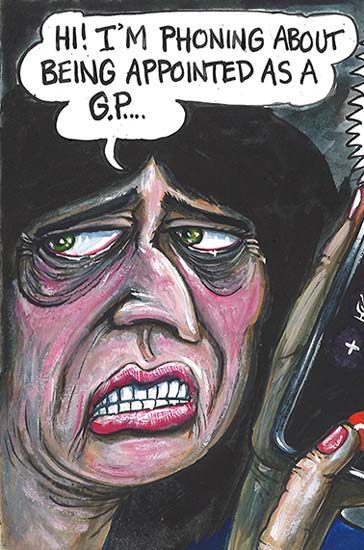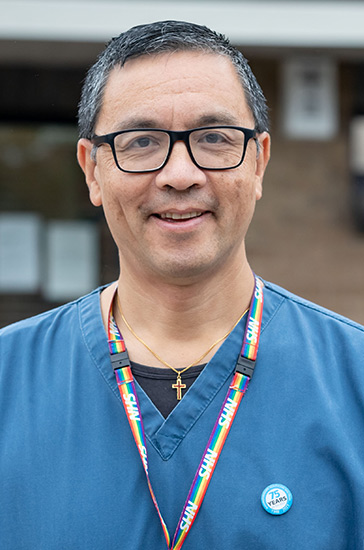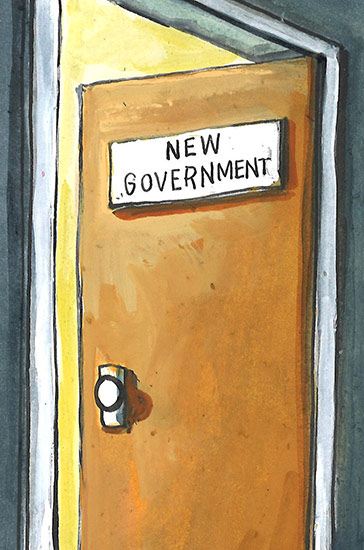
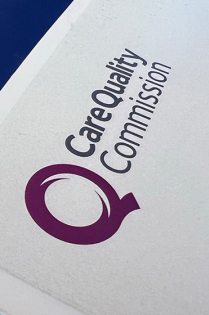
CQC engagement: next steps
Since the publication of the Darzi Report in September, which found the NHS to be in a ‘critical condition’, the Government has been engaged in a public ‘listening exercise’ to gather insight from all corners of healthcare and beyond, to inform their highly anticipated 10 Year Health Plan.
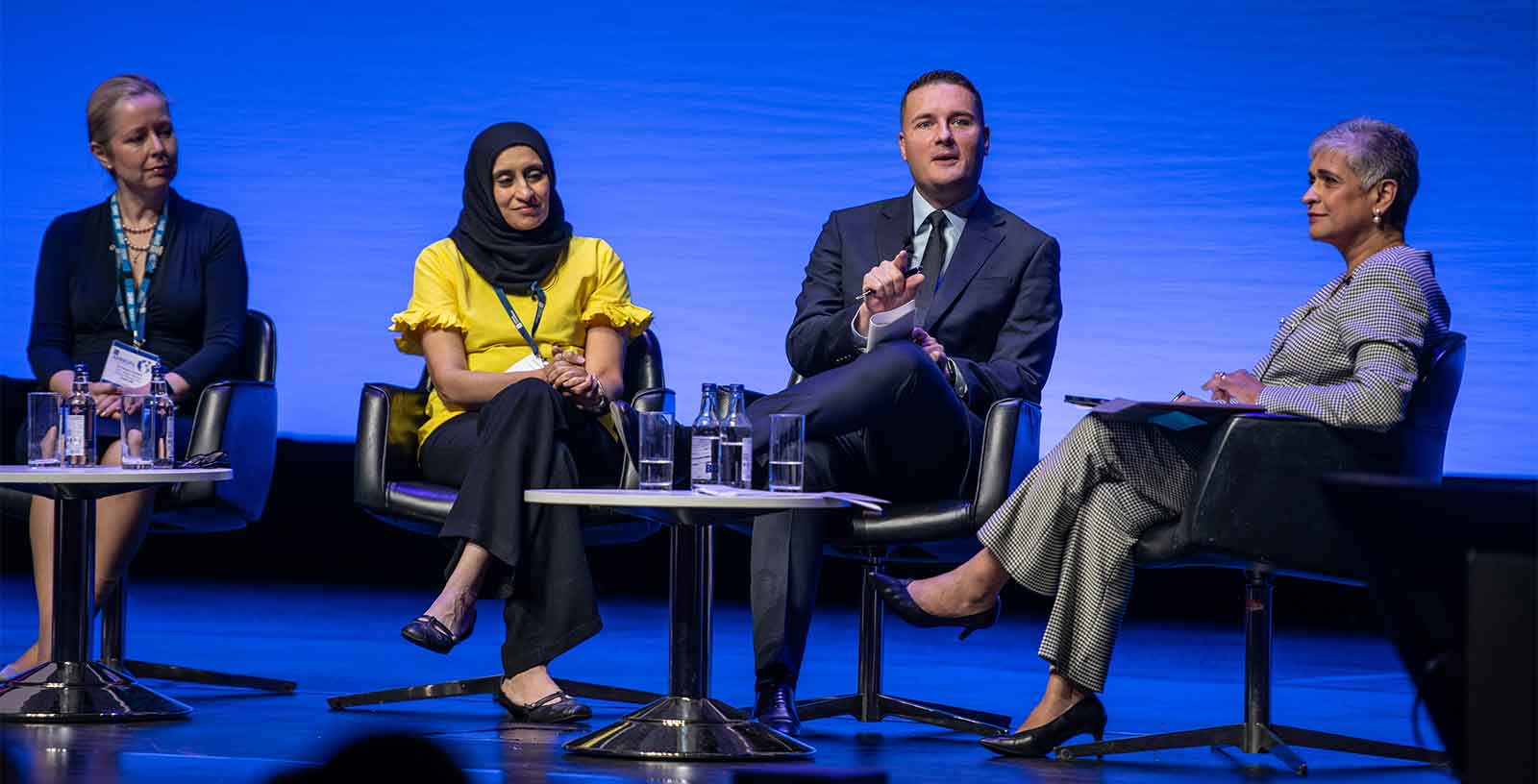
The College’s submission to the consultation, which closed last month, made clear that general practice – and resourcing the service appropriately - must be central to the Plan, if it is to be successful.
College Chair, Professor Kamila Hawthorne, said: “It could be just what our health service needs – a chance to redirect funding and resourcing to where it’s needed most, moving away from being persistently reactive and putting patients firmly at the centre of delivery and prioritising prevention.
“But its success hinges on whether the Government will listen to the experience of those who are delivering care and know what patients, their families and communities need.”
Giving a voice to frontline GPs was central to the College’s submission, which was developed through member workshops, member-submitted examples of best practice, and an RCGP-hosted roundtable with major health bodies and patient organisations. It also drew heavily on the College’s manifesto, published ahead of last year’s General Election.
It emphasises how and why GPs will be vital to improving the NHS in line with the three ‘shifts’ that underpin the 10 Year Health Plan.
The first of these shifts is to move more care from hospitals to communities.
Kamila said: “GPs will need to be at the core of any ‘neighbourhood health service’, leading multi-disciplinary teams and supported with the time, tools and space to collaborate with a wide range of services. Many of the aspirations we’ve heard about are things we are already doing - building networks of practices and services; making appropriate use of the wider primary healthcare team; and integrating with social care. But at present, this is happening in a piecemeal way across the country – nowhere is yet able to do it all. This all requires support and investment, and any shift of work from secondary care into the community will need to be met with sufficient resource, including the GPs to deliver it."
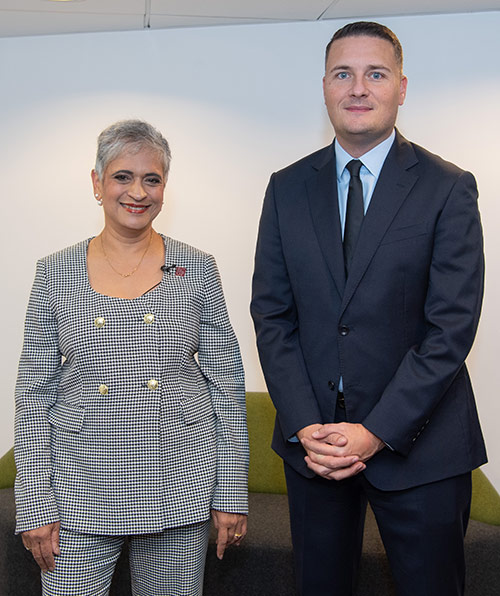
As well as having enough of the right people working in general practice, and appropriate investment into the service to deliver the care and services patients need, the state of practice premises is also a sticking point. In a recent survey by the College, 34% of GPs reported that their practice building was not fit for purpose and 60% said they didn’t have enough space to accommodate new staff.
“Before we can become the centre of an integrated network of neighbourhood services we must resolve the woeful state of our premises and IT. Initiatives to train and recruit more GPs will be nullified if we don’t have enough space to train or for them to see patients,” says Kamila.
The second policy shift – moving from ‘analogue to digital’ – is an area where general practice is already leading the way and, with support, can be taken to the next level.
“Tens of millions of patients are digitally triaged each month, and many innovative practices are exploring the ways technology can reduce administrative burdens and improve patient experience. Sharing patient data securely across integrated teams, and data analytics at neighbourhood service level is going to be crucial to the success of the 10 Year Health Plan.
“The barrier is the quality of the IT available to us and its interoperability with systems across the NHS, which hampers our ability to deliver timely care," said Kamila.
College polling found that 30% of GPs said that their computer software was not fit for purpose, 40% said the same of their Wi-Fi, and 55% reported that their IT systems couldn't effectively exchange information with secondary care.
The third policy shift aligns with the College’s own clinical priority: ‘sickness to prevention’.
“Preventive medicine is integral to GP training and part of our consulting DNA – we’re always on the lookout for symptoms in patients that risk getting worse or indicative of something more serious,” says Kamila, “but it takes time to do this properly, something which we rarely have. We need more time with our patients if we’re going to be able to make interventions and take a more active role in prevention. Primary prevention is just as important as efforts in secondary prevention. The NHS will sink under the burden of ill health that faces us if we don’t pay more attention to this.”
As part of its submission to the 10 Year Health Plan, the College has reiterated its call for a review of the current Carr-Hill funding formula, to ensure that funds are channelled to the areas of greatest need, where prevention can be hugely effective.
Looking ahead to the Plan being published – expected before the end of Spring – Kamila says: “The Darzi Report made crystal clear that the NHS is in a critical condition, but the vital signs are strong, and the 10 Year Health Plan – and the review of the NHS long-term workforce plan, expected later in the year - will be the key to resuscitation. Far more effort needs to be put into retaining our GPs and ensuring adequate employment opportunities, as we are still losing them pretty much as fast as we are training them.
“If, and it’s a big ‘if’, we’re going to bring the NHS back to health, the Government must listen to those on the frontline who deliver the majority of care in the NHS – GPs and our teams - and heed the advice and calls outlined in our submission.”
Read more
Thank you for your feedback. Your response will help improve this page.
